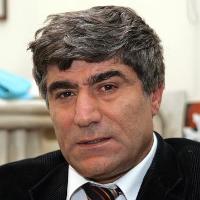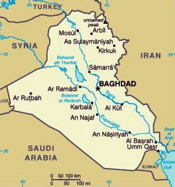
U.N. TO CLOSE ANGOLA OFFICES — United Nations officials announced April 18 the world body will close its Angola offices by the end of May at the request of Angolan authorities, who no longer wish to cooperate with the U.N. on formulating a comprehensive human rights policy. Angola, which is still struggling to recover from more than two decades of warfare that ended in 2002, has used growing oil revenues to insulate itself from Western criticism of its rights situation and to lay big plans for its own development. Human rights groups and U.N. officials, however, have expressed grave concerns […]


